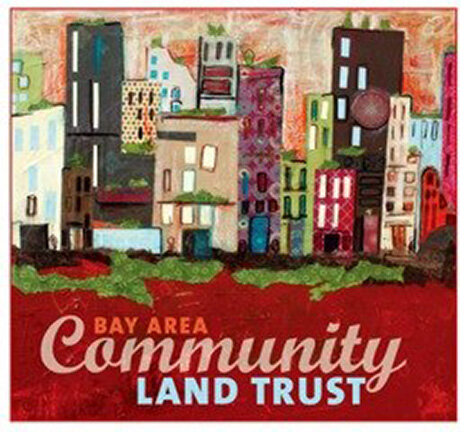CLTs vs Co-ops
CLTs
A Community Land Trust (CLT) is a community-based membership housing organization run by an elected Board.
The Board consists of residents in land trust-sponsored housing, the broader community, and technical experts to keep the CLT in good working order.
The CLT:
is a non-profit entity that buys properties to preserve and create permanent affordability.
is a democratic membership organization, governed by a Board of Directors elected by the members made up of at least 1/3rd residents.
owns the land while low-income residents own the buildings through a 99-land lease to the Co-op (see Co-ops).
residents can build equity in their homes, but equity is limited to a reasonable rate of return similar to a Certificate of Deposit (1-2%) and resale is restricted to those of low income.
Add your pricing strategy. Be sure to include important details like value, length of service, and why it’s unique.
Co-ops
A co-op or housing cooperative is a democratic, resident-controlled housing association that owns the buildings collectively — usually through an LLC (limited liability corporation) or an LEHC (limited equity housing cooperative).
The land beneath the buildings is owned by the CLT.
The Co-op:
can own different types of housing together, from single family homes to multi-unit buildings, and may utilize different types of ownership structures.
(with the support of a CLT) is a particularly strong and financially sustainable model for creating permanently affordable housing that lasts for generations.
